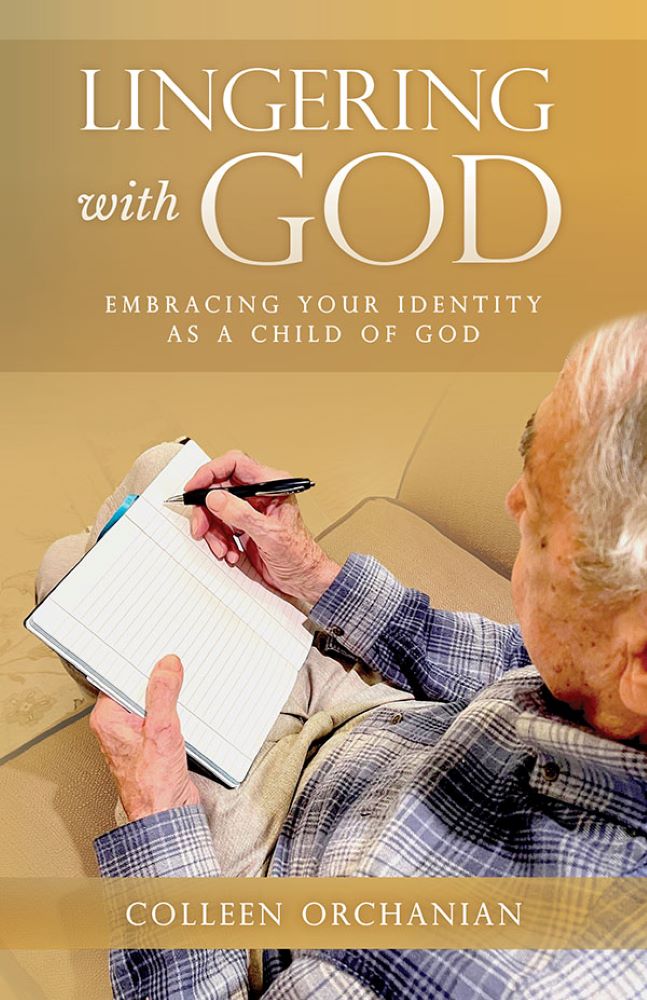Solidarity
 Lech Walesa became the leader of Solidarity in Poland and led a successful pro-democratic effort that ended Communist rule in that country in 1989. He was a shipyard electrician, not a politician or a powerful man. But he showed the power of solidarity – coming together as a group. That group freed a nation.
Lech Walesa became the leader of Solidarity in Poland and led a successful pro-democratic effort that ended Communist rule in that country in 1989. He was a shipyard electrician, not a politician or a powerful man. But he showed the power of solidarity – coming together as a group. That group freed a nation.
Solidarity applies to our faith life as well. We have strength in numbers. Matthew 18:20 says, Where two or three are gathered, there am I. Ecclesiastes 4:12 tells us that a threefold cord is not quickly broken.
We have strength when we join other believers. On the night of the Last Supper, Jesus prayed that we might all be one – that we might be unified. Every relationship and group has the potential for solidarity: our marriage, family, parish, community, denomination, and even our nation. At the same time, the enemy is always trying to divide – to break up marriages, to cause division in families and parishes, to build conflict in communities and nations and between nations. We as Christians need to fight together – in solidarity.
There are three prerequisites for solidarity:
A common belief or goal. A common goal in marriage is that we fulfill our vows – sickness and health, good times and bad, etc. Our common goal as a nation (I hope) is to have a positive influence in the world. Our common goal as Christians is that all might be saved.
Humility. This is a great challenge for us because pride is the root of all sin. Many church conflicts originate in human pride, where one person wants their way. They dig in their heels and are not willing to listen to another point of view. We see that in marriages as well. When my husband and I first married, we had a battle of wills. Who would be in charge? Who got to decide things? I wasn’t going to let a man tell me what to do and he wasn’t going to let a woman boss him around. We both had to grow in humility so that we could work together in our marriage. And we did. This year we will have been married for 44 years. You can’t have solidarity without humility.
Authenticity – being who we say we are. In Scripture, Paul calls out Peter for being one way with the Jews and another with the Gentiles. Peter was not being authentic and needed correction. If we are to have solidarity, we have to trust the others. If they aren’t who they appear to be, trust is lost. Authenticity requires vulnerability – revealing our true self knowing there is a risk of rejection. In strong marriages, the couples are vulnerable with each other, they can admit when they are wrong and they share their hearts.
I have seen these prerequisites active in a group I lead called Sisters in Faith. Over 10 years ago I invited a bunch of women from different churches to my house for a morning of conversation and prayer. These were all people I knew and loved and I thought they would love each other, too, so I brought them all together. 24 people came to that first meeting and we talked about our spiritual journeys and how God had touched our lives. It was such a beautiful experience and many wanted to do it again.
All these years later we meet once a month to learn and grow and share and encourage each other. There are new people each month and some who don’t make it, but those who do – even if it’s their first time – feel a sense of community – of solidarity – with these lovely women.
The group bears fruit because the women have a common belief: They know Jesus as Lord and Savior. They come with humble hearts, wanting to learn and wanting to serve others by listening and praying with them. They are authentic, sharing their hurts and crosses.
When we live in solidarity with others, our actions reflect that solidarity. Here are some ways solidarity is lived in the Sisters in Faith:
We fight the spiritual battle together. We pray with each other. We help each other recognize when the enemy is attacking and help them resist. And we help each other see the movements of God in our life – and that gives us hope and confidence.
We encourage one another. When we get together as Sisters in Faith, sometimes people come in feeling discouraged. They never leave that way. We lift each other up in whatever struggles are happening. We don’t fix any problems; we simply encourage others to persevere.
We suffer together. If one member suffers, all suffer together (1 Corinthians 12:26). A woman once came to the meeting and said she couldn’t stay but just needed to be with us for a bit because she was really hurting. When in solidarity, we are Simon of Cyrene, helping others carry their crosses. They know someone cares about their pain even though they can’t remove it.
We rejoice together. We share our good news. Sometimes it’s a loved one who repents, and this group celebrates. We celebrate how God is working in our lives and the lives of those we love.
We sometimes correct each other. If someone has a mistaken understanding of God – seeing Him as a distant, punishing God, for example – and we correct them. If someone isn’t living the Christian life as they should, sometimes we call them on it, even if we don’t realize that’s what we’re doing. Someone once told me they were convicted to change a personal habit because of something I said. I hadn’t intended that message for them, but God did, and this person was docile enough to listen to His voice.
We assist each other. Jesus spoke about when he was hungry, thirsty, homeless, and in prison. As Christians, we are to see others as another Christ – someone we can serve as willingly as if it were Jesus Himself. When we are in solidarity, we become the hands and feet of Jesus.
Above all this, we love each other. Jesus said in John 13:35, By this all people will know you are my disciples, if you have love for one another. If my actions are not loving, I am not in solidarity. Our Sisters in Faith gatherings are filled with love. And that is always my prayer, that people feel God’s love through the women in the meeting.
My solidarity experience has been with a women’s group, but there are men’s groups and mixed groups that have the same thing. Whatever the group, we come together as one to strengthen each other, to support each other, and to love each other.
There are probably groups like that in your church. Don’t be afraid to check one out. God wants to love you through other people, but you have to get out there to make it happen. If you can’t find a group like this – one that lives solidarity – start one. Find people who love the Lord and invite them to share a meal. See where God leads you.
Lech Walesa led Solidarity and changed Poland. We can live in solidarity with other believers and change the world. Work to build solidarity in your marriage, in your church, in your community, wherever you have the opportunity. Grow in virtue – especially the virtue of humility. Be authentic in your relationships. You will have greater solidarity. And God will do great things with you and through you.
Questions for prayer:
- Where have you experienced solidarity in your life? What is it about that group or relationship that gave you a sense of solidarity?
- In what relationship would you like more solidarity? How might you make that happen?

